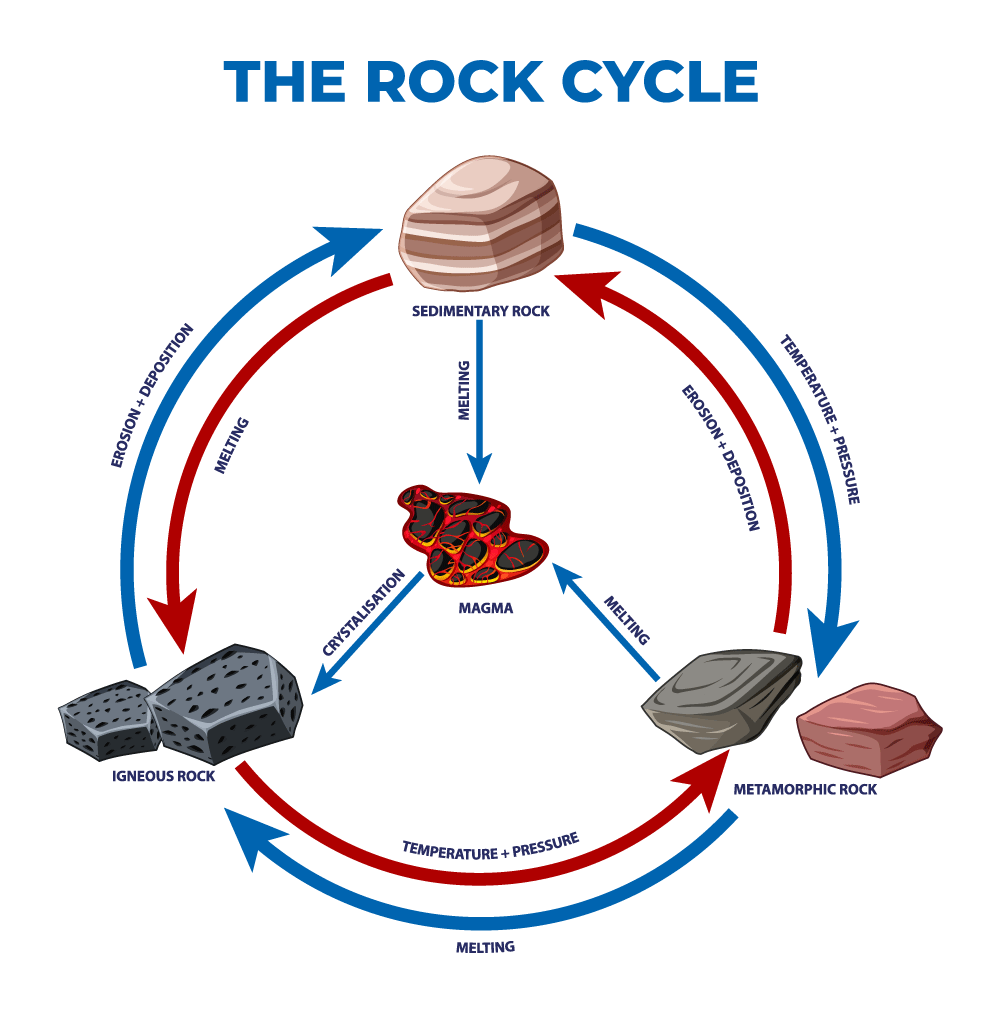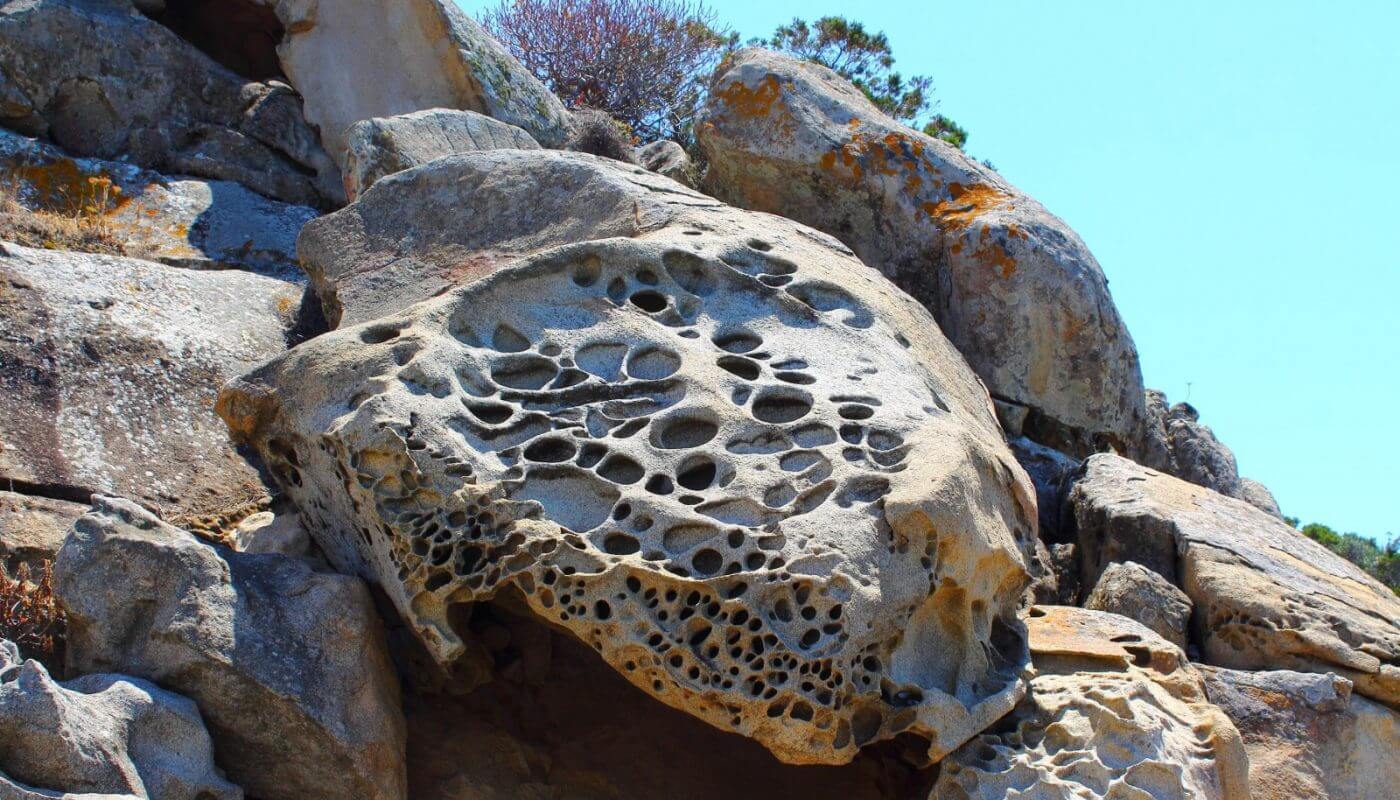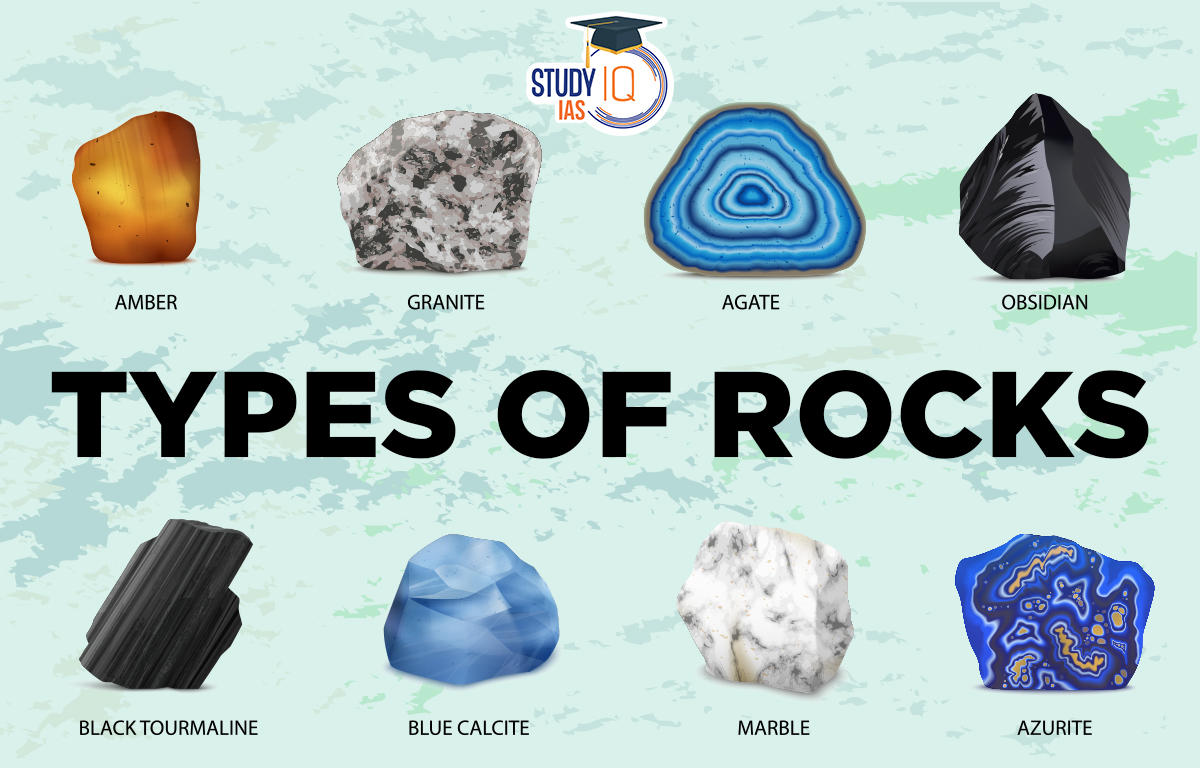What Type Of Rock Forms Due To Heating And Cooling
What Type Of Rock Forms Due To Heating And Cooling - The most common type of rock that forms near an active volcano is igneous rock. Igneous rocks form from the cooling and hardening of molten magma in many different environments. This type of rock forms from the cooling and. These rocks are identified by their composition.
These rocks are identified by their composition. This type of rock forms from the cooling and. Igneous rocks form from the cooling and hardening of molten magma in many different environments. The most common type of rock that forms near an active volcano is igneous rock.
The most common type of rock that forms near an active volcano is igneous rock. Igneous rocks form from the cooling and hardening of molten magma in many different environments. These rocks are identified by their composition. This type of rock forms from the cooling and.
Rock Cycle Transition, Factors, and Evolving Process
The most common type of rock that forms near an active volcano is igneous rock. This type of rock forms from the cooling and. These rocks are identified by their composition. Igneous rocks form from the cooling and hardening of molten magma in many different environments.
A Beginner's Guide to Types of Rock Igneous, Sedimentary, and
This type of rock forms from the cooling and. Igneous rocks form from the cooling and hardening of molten magma in many different environments. The most common type of rock that forms near an active volcano is igneous rock. These rocks are identified by their composition.
Types of Rocks Igneous, Sedimentary, Metamorphic
These rocks are identified by their composition. The most common type of rock that forms near an active volcano is igneous rock. This type of rock forms from the cooling and. Igneous rocks form from the cooling and hardening of molten magma in many different environments.
Passive Cooling Rock Wall. A Natural Thermostat Project … Flickr
These rocks are identified by their composition. This type of rock forms from the cooling and. The most common type of rock that forms near an active volcano is igneous rock. Igneous rocks form from the cooling and hardening of molten magma in many different environments.
Weathering, Erosion, and Soils Jeopardy Template
These rocks are identified by their composition. Igneous rocks form from the cooling and hardening of molten magma in many different environments. The most common type of rock that forms near an active volcano is igneous rock. This type of rock forms from the cooling and.
Pin by Pagan Peacock on My Wicca loves Rock identification, Earth
These rocks are identified by their composition. This type of rock forms from the cooling and. The most common type of rock that forms near an active volcano is igneous rock. Igneous rocks form from the cooling and hardening of molten magma in many different environments.
Rock Identifier
These rocks are identified by their composition. The most common type of rock that forms near an active volcano is igneous rock. This type of rock forms from the cooling and. Igneous rocks form from the cooling and hardening of molten magma in many different environments.
Different Types of Rocks, Igneous, Sedimentary & Metamorphic Rocks
Igneous rocks form from the cooling and hardening of molten magma in many different environments. These rocks are identified by their composition. The most common type of rock that forms near an active volcano is igneous rock. This type of rock forms from the cooling and.
Chemical Weathering A Great Natural Force Owlcation
Igneous rocks form from the cooling and hardening of molten magma in many different environments. The most common type of rock that forms near an active volcano is igneous rock. These rocks are identified by their composition. This type of rock forms from the cooling and.
manual type rock splitter Construction Tools
These rocks are identified by their composition. Igneous rocks form from the cooling and hardening of molten magma in many different environments. The most common type of rock that forms near an active volcano is igneous rock. This type of rock forms from the cooling and.
This Type Of Rock Forms From The Cooling And.
These rocks are identified by their composition. Igneous rocks form from the cooling and hardening of molten magma in many different environments. The most common type of rock that forms near an active volcano is igneous rock.






:max_bytes(150000):strip_icc()/about-igneous-rocks-1438950_final_CORRECTED2FINAL-f8d738e151b9437caa256d21155d091f.png)


